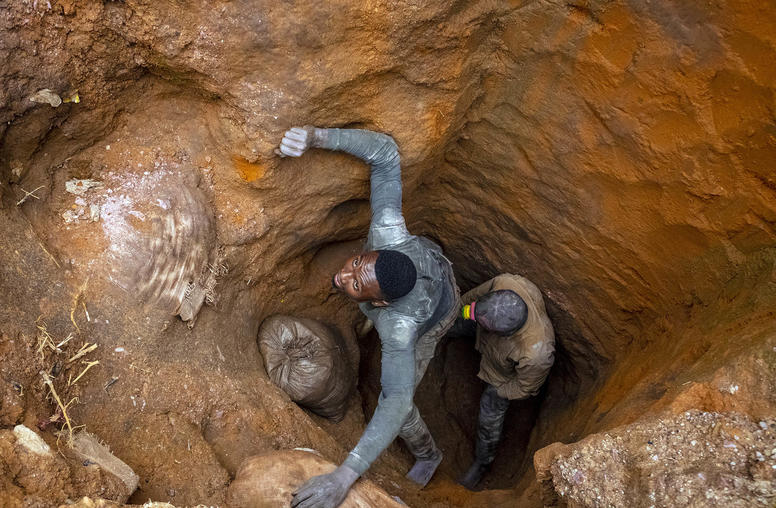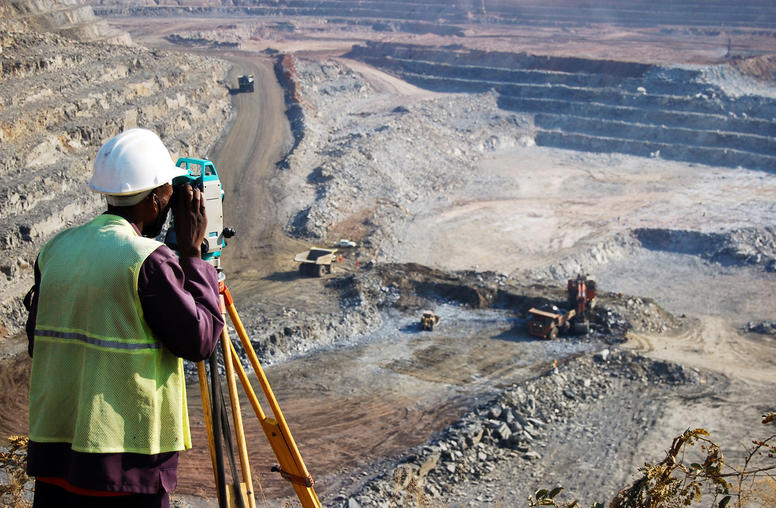Creative Solutions for Economic Recovery in Conflict-Affected States
Vibrant economic activity contributes to the consolidation of peace in conflict-affected countries by supporting reconstruction, redressing inequality, creating a constituency for lasting economic transformation, providing employment, and fostering hope. Recent efforts to trigger and sustain economic recovery in conflict-affected countries like Afghanistan, East Timor, Iraq and Sierra Leone have had mixed results for a number of reasons. These countries have to contend with complex emergencies in environments where needs are urgent, resources limited, security tenuous, capacity constrained and expectations high. Engendering meaningful economic progress demands innovative thinking and creative solutions. This panel will analyze relevant conceptual issues and examine recent bilateral, multilateral and private sector initiatives that could address the peculiar challenges conflict-affected countries face in this regard.
Archived Audio
To listen to audio or to view video, please click on the links provided below. You also can right click on the links and choose "Save Target As" or "Download Linked File." This will save the file to your computer and then allow you to play it in your media player directly. More Audio Help.
- Listen to the audio from this event.
1:45:42 - 19.3MB
Speakers
- Obiageli Ezekwesili
Vice President for Africa Region, The World Bank - Ambassador David Litt
Executive Director, Center for Stabilization and Economic Reconstruction - Francis Skrobiszewski
Senior Executive Advisor, Monolith Capital Management LLC - Dr. Raymond Gilpin, Moderator
Director, Center for Economies and Conflict, U.S. Institute of Peace



